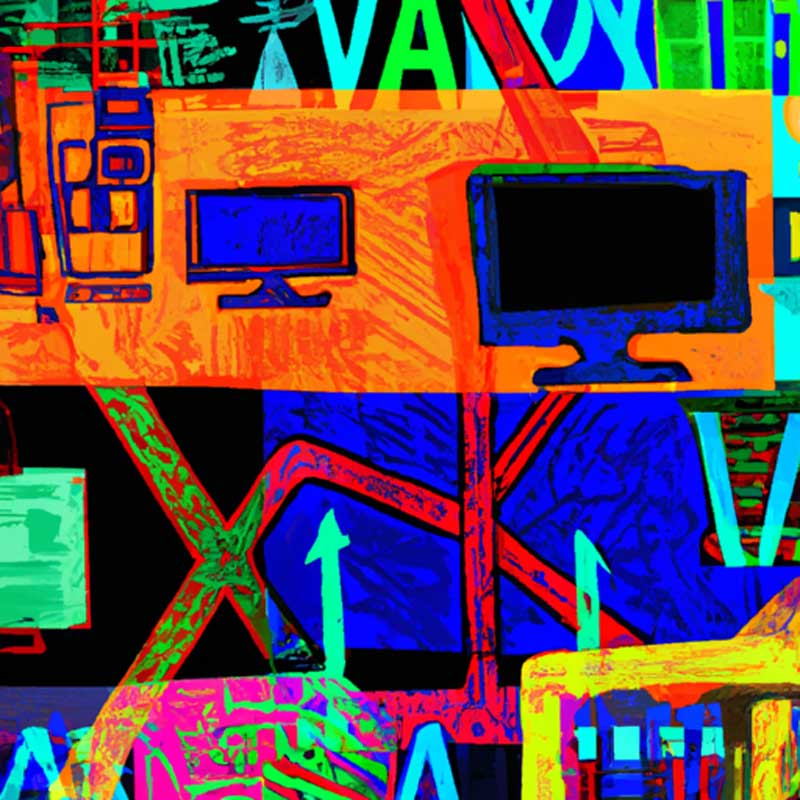AI technology has been implemented in various industries, including customer experience, automotive, network operations, and beach safety. Hinduja Global Solutions (HGS) has launched HGS Agent X, an AI-powered user interface for contact centers that streamlines agent workflow. TomTom and Microsoft are collaborating to bring generative AI to the automotive industry. Fujitsu has incorporated AI technology into its Virtuora Service Management and Orchestration (SMO) offering to realize energy savings. In the shipping sector, a Norwegian AI Green Platform aims to reduce greenhouse gas emissions through improved trip planning. Finally, a self-driving robot called Aurus is being used to monitor beaches and warn visitors of safety hazards.
Key points:
- HGS has launched HGS Agent X, an AI-powered user interface for contact centers.
- TomTom and Microsoft are bringing generative AI to the automotive industry.
- Fujitsu is using AI technology to save energy in network operations.
- A Norwegian AI Green Platform aims to reduce greenhouse gas emissions in the shipping sector.
- A self-driving robot called Aurus is being used to monitor beaches and improve beach safety.
In the world of customer experience, Hinduja Global Solutions (HGS) has introduced HGS Agent X, an integrated AI, automation, and analytics powered user interface for contact centers. This technology streamlines call center agent workflow while enhancing customer interaction. By automating certain tasks and providing agents with real-time analytics and insights, HGS Agent X improves efficiency and effectiveness in contact center operations.
In the automotive industry, TomTom and Microsoft are partnering to bring the benefits of generative AI to the global automotive industry. This collaboration aims to enhance driving experiences by utilizing AI to generate personalized and adaptive navigation instructions, route recommendations, and real-time traffic updates. By incorporating AI into vehicles, TomTom and Microsoft hope to improve overall driving safety, efficiency, and convenience.
Fujitsu, a leader in IT and communications, is leveraging AI technology to realize energy savings in network operations. The company has successfully incorporated AI into its Virtuora Service Management and Orchestration (SMO) offering for Open RAN. By using AI algorithms, Fujitsu’s power-saving application helps reduce energy consumption and environmental impact. This technology allows network operators to optimize their energy usage and reduce costs.
In the shipping sector, a Norwegian AI Green Platform is aiming to reduce greenhouse gas emissions by optimizing trip planning and execution. The shipping industry is responsible for a significant portion of global greenhouse gas emissions, and inefficiencies in energy usage contribute to this problem. The AI Green Platform uses AI algorithms to analyze data and provide optimal route recommendations, helping ship operators reduce their emissions and overall environmental impact.
In the field of beach safety, a self-driving robot called Aurus is being used to monitor beaches and warn visitors of safety hazards. Developed by Aurus, this robot can travel autonomously along the beach, checking water conditions and identifying potential risks. By providing real-time information to beachgoers, Aurus helps prevent accidents and ensures a safer beach environment.
Overall, AI technology is being implemented in various industries to improve efficiency, safety, and sustainability. From contact centers to automotive navigation, network operations to shipping, and beach safety to environmental impact, AI is playing a significant role in transforming these industries for the better.
